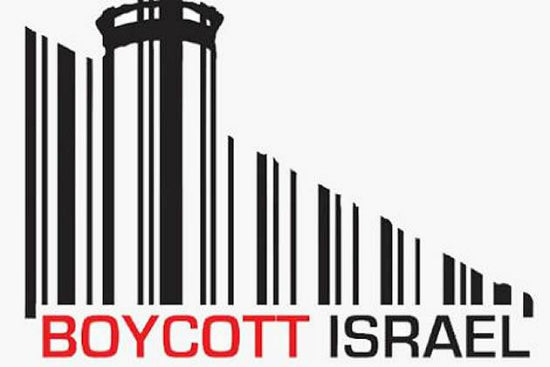BDS Ten Years Old


Nothing seems to bother Israeli premier Benjamin Netanyahu more than the Boycott-Divestment-Sanctions (BDS) movement. “Gun Zionism” has garroted the Palestinian resistance. It is what turned the PLO away from resistance, leaving the field to Hamas and to the much-weakened Palestinian left.
A few years ago, Hamas’ leader Khaled Meshal said that what the world does not realize is that the people of Gaza – in particular – have been ground down by the occupation and embargo. The psychosocial costs of decades of oppression should not be discounted. Talk of Palestinian resilience is a liberal means to ignore the attendant negative costs of the occupation. What Meshal worried about was the growth of atavistic social forces outside Hamas. ISIS is one such force. UNRWA head Pierre Krähenbühl’s recent comment - “In an increasingly unstable Middle-East, neglecting the needs and rights of the people of Gaza is a risk the world should not be taking” – refers to that context, and the risks. It should not be overlooked.
Two of the most powerful movements to revitalize Palestinian politics have been the Prisoner’s Document of 2006 that called for political unity inside Palestine against the Occupation and the BDS call of 2005 that urged the use of a slate of tactics to raise the price for Israel of its illegal occupation. BDS is now a decade old.
It has pushed Israeli society – for the first time in decades – to consider the costs of its occupation. In Haaretz, its editor Roy Isacowitz wrote, “For the occupation to end, Israel’s self-indulgent, apathetic and blinkered middle class needs a profound wake-up call.” It got one “courtesy of the international boycott, divestment and sanctions movement.”
Not long from now, Haymarket Books will release a very strong collection of essays on the academic and cultural boycott edited by Ashley Dawson and Bill Mullen entitled Against Apartheid: The Case for Boycotting Israeli Universities. Voices resound through this book with the reasoned argument that Israeli apartheid must be ended - and the way for intellectuals and artists to participate in this struggle is to boycott Israeli institutions that participate in and benefit from the occupation of Palestinian lands. This is an intellectual guidebook for the Boycott-Divestment-Sanctions (BDS) movement.
The US political class doesn’t get it. Hiliary Clinton’s recent letter to Haim Saban promising to fight BDS to the finish, despite the growing appeal of BDS amongst Democratic elites, shows the blindness of the political leadership – as I show in al-Araby, al-Jadeed, The movement continues to grow. Artists and intellectuals as well as firms refuse to allow themselves to cross the picket line against the occupation and war. BDS is a mere ten years old. It has nonetheless made major strides to combat the Israeli dominance of the narrative of Israel’s conflict with the Palestinians.